Plant-based protein powders are all the hype right now, but not without contrasting opinions on whether they are good or bad for our health. If you’re someone who prefers to avoid them altogether, this article is for you!
To make your vegan protein shake without protein powder, explore natural sources of protein instead! We recently made this list of high protein vegan foods–you’ll find that many of these ingredients can be used in your smoothies/shakes, too.
Here are 10 high-protein superfoods that will not only elevate flavor but also give you all the plant protein your body needs to recover well after a workout. THIS RECIPE by Veggiekins is a great base recipe for a vegan protein shake that you can customize to your liking, using any of the following ingredients.
1. Natural Peanut Butter (or any nut butter)
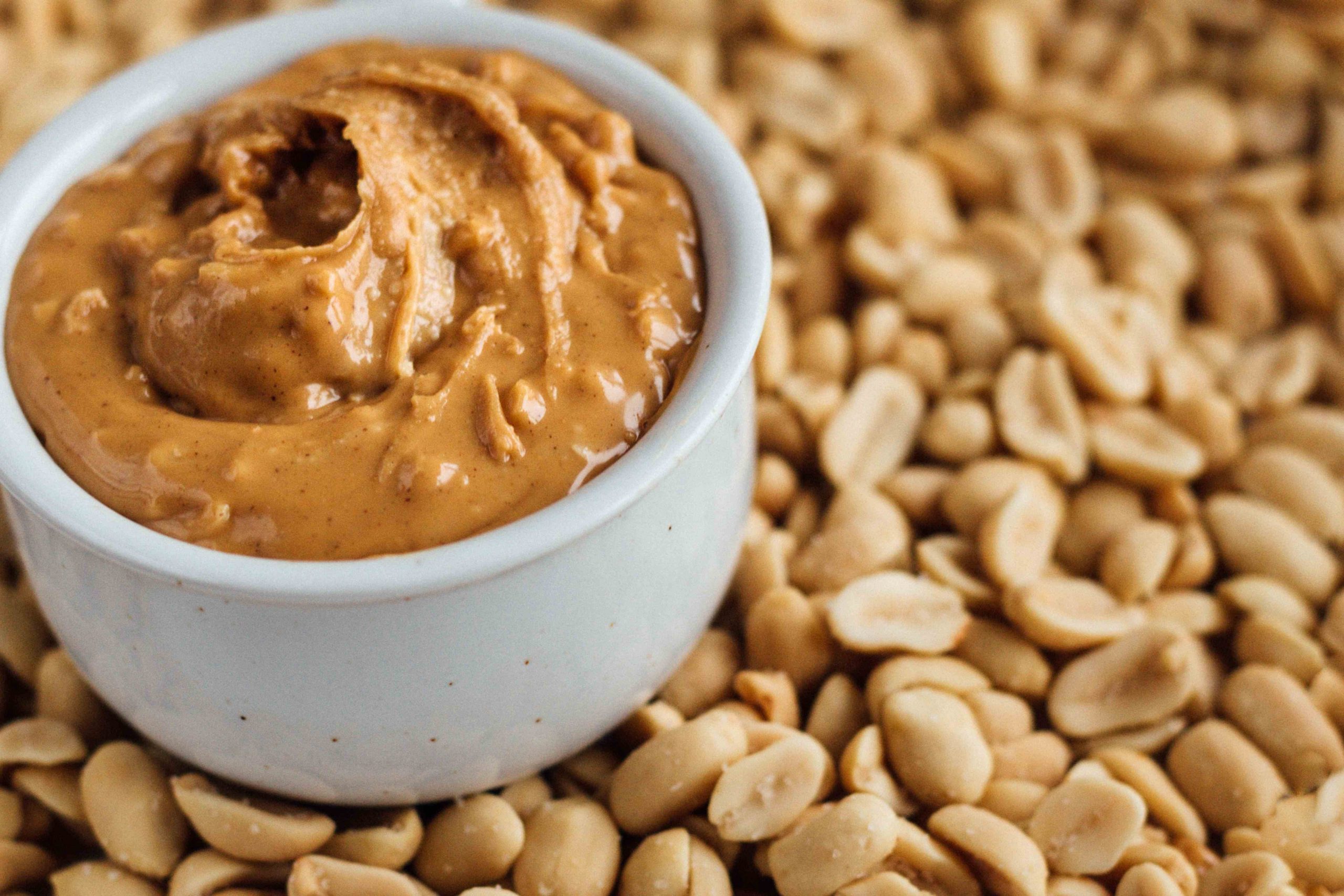
2 tablespoons of natural, unsweetened peanut butter will add 8g of protein while almond butter will add about 7g to your vegan protein shake. Not to mention–nut butters lend a great flavor and texture!
2. Nuts

Did you know? There’s almost 5g of protein in 1/4 cup of walnuts. This may not seem like too much, but when paired with other protein sources, it all adds up. Go on and add some crushed nuts to your smoothie/shake, especially if you’re the kind that enjoys a grainy texture.
3. Raw Cacao Powder or Cacao Nibs
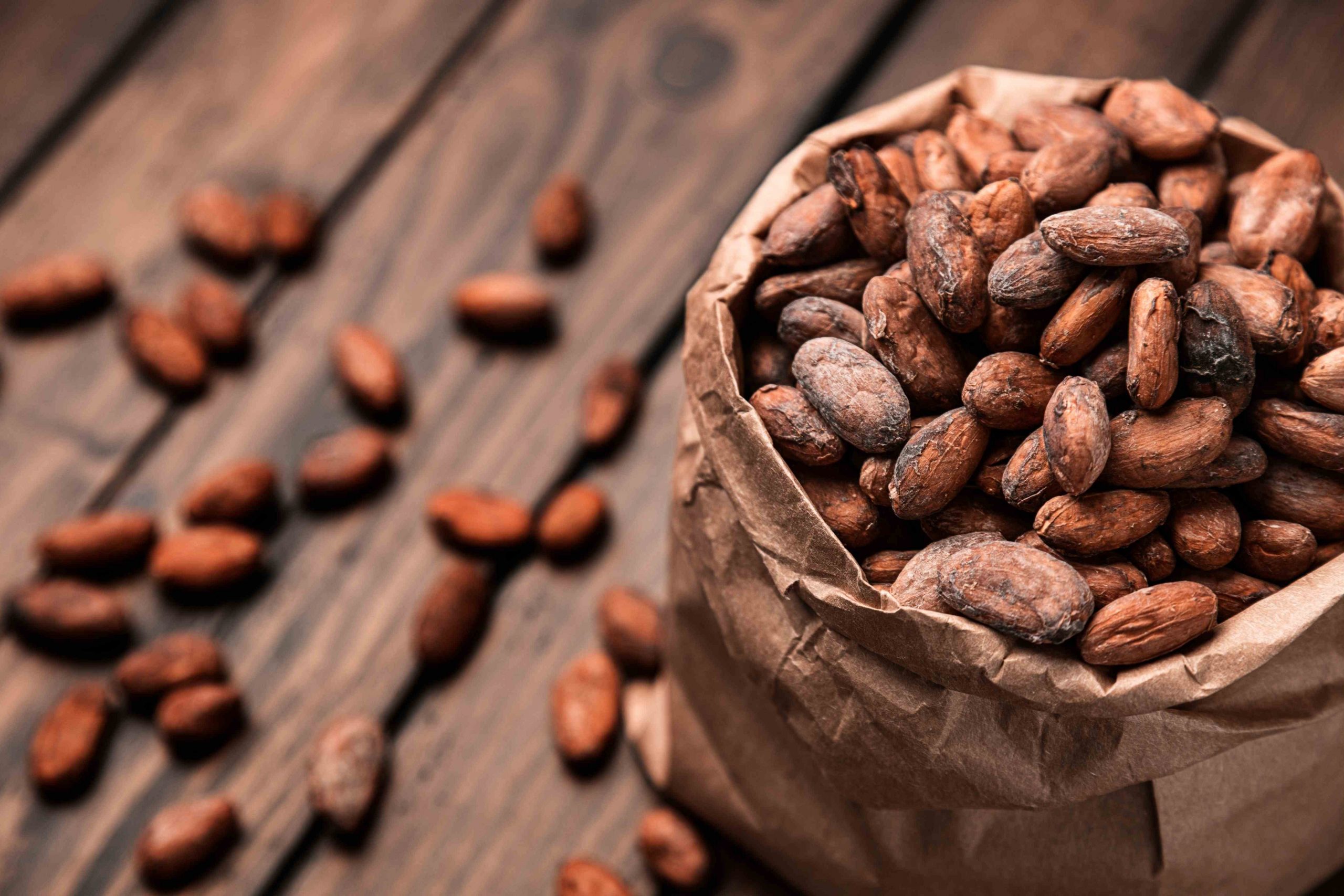
Raw cacao powder is far more nutritious than your regular cocoa powder. Cacao powder is a rather unexpected source of protein, with 7g every 2 tablespoons! However, the same 2 tablespoon serving has about 50mg of caffeine, which is about half the amount of caffeine in the average cup of coffee. Those of you who are sensitive to caffeine, keep this in mind.
4. Tofu
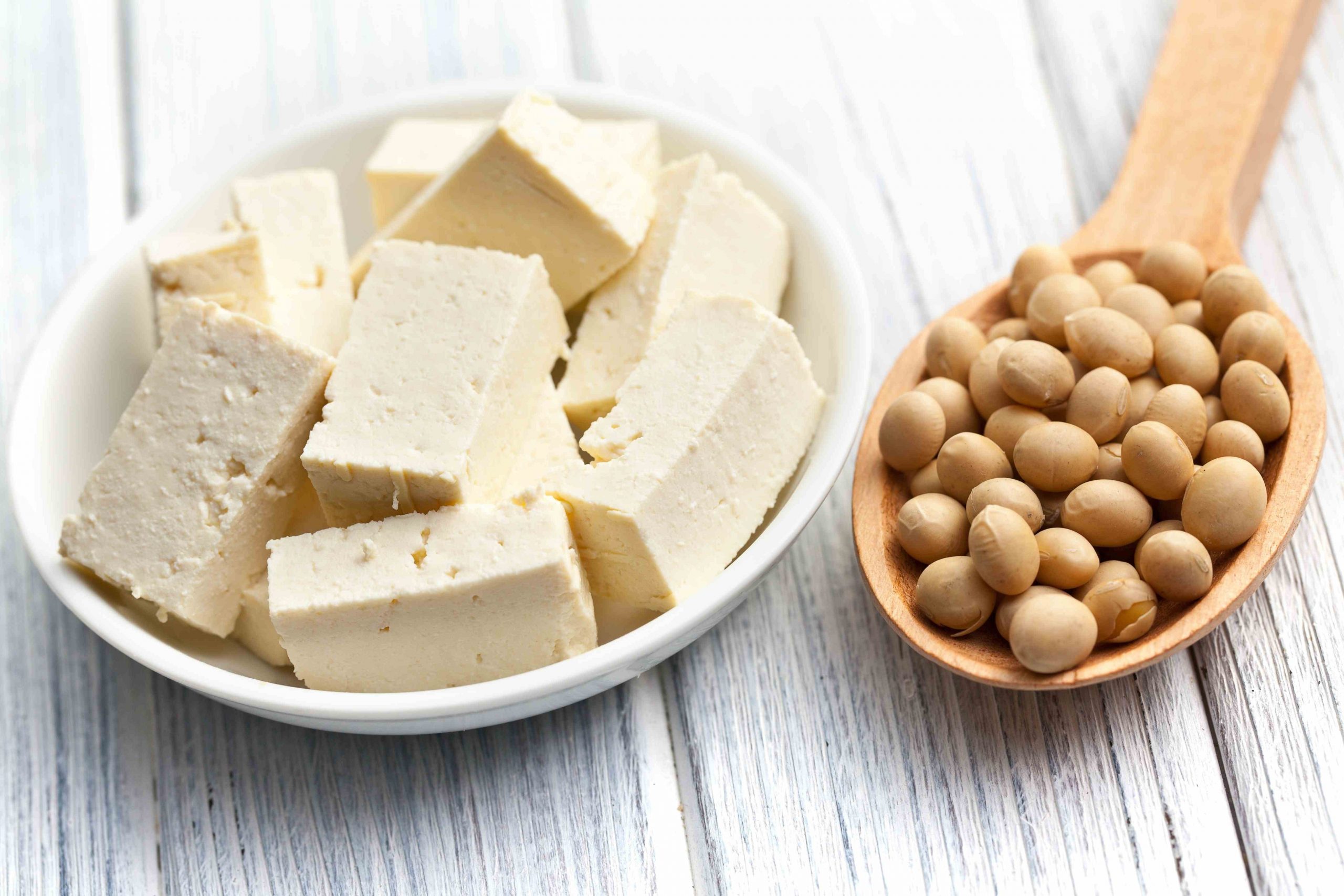
You heard that right! A good quality, soft, preferably silken tofu, adds both bulk and creaminess. When combined with bold-flavored ingredients (like peanut butter, cacao, maple syrup), the flavor of tofu gets completely masked. To play it safe, try starting with 1/3 cup per serving, which equals almost 7g of protein.
5. Hemp Hearts or Hemp Milk
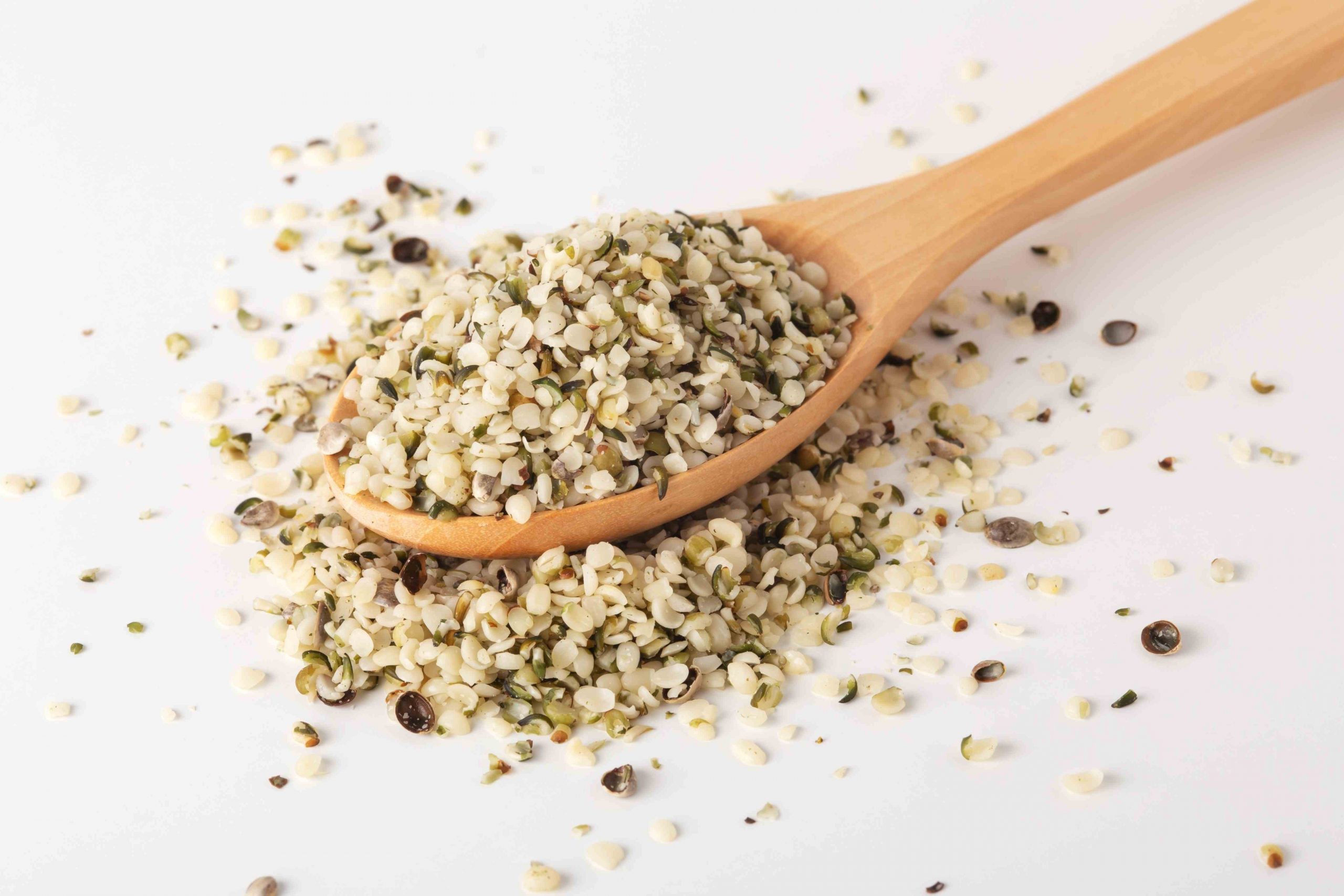
Try adding 3 tablespoons of hemp hearts to your smoothies/shakes for an additional 10g of protein! Hemp hearts can also be blended with water and strained to make a delicious, sort of nutty and earthy, hemp milk.
6. Chia Seeds
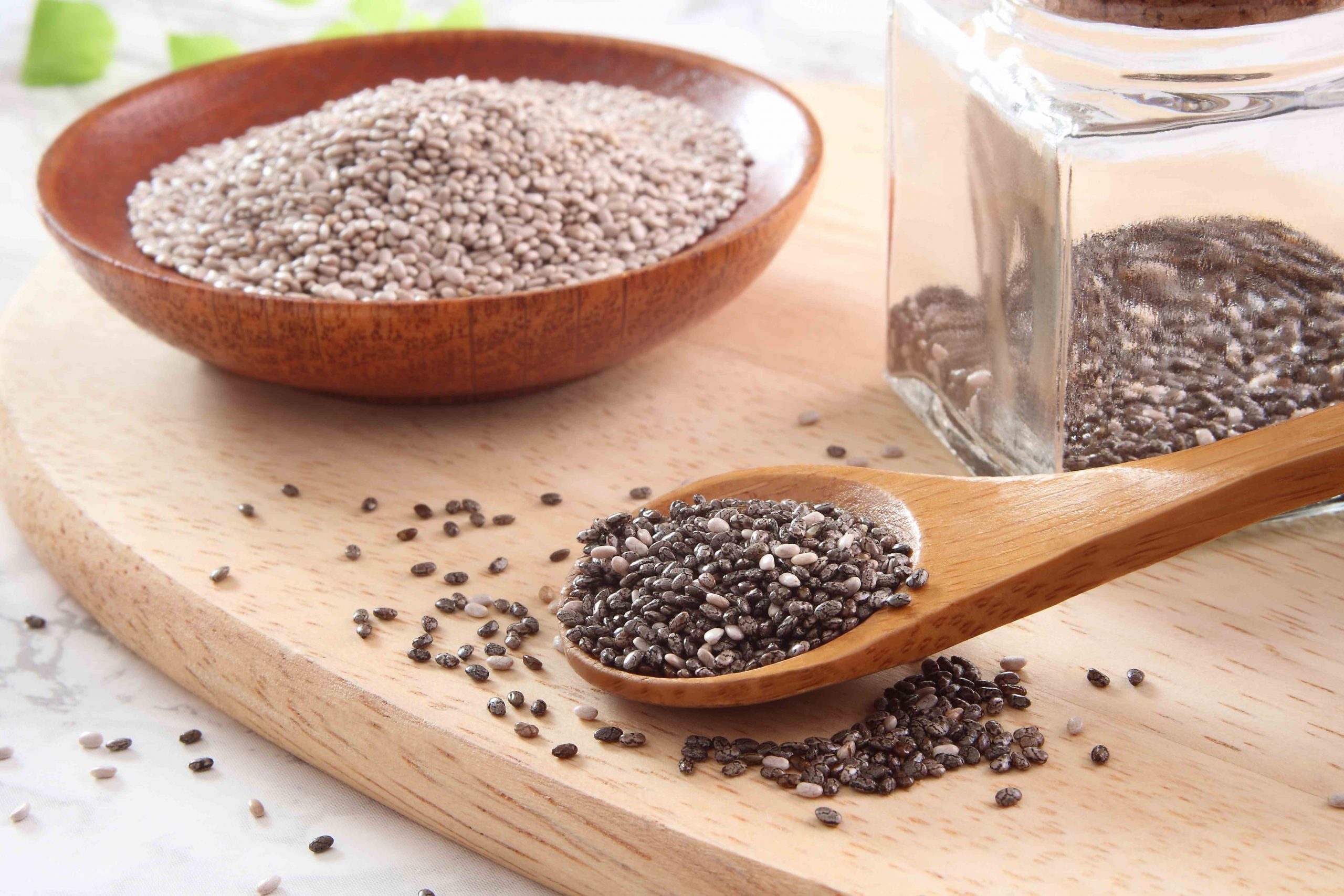
Chia seeds contain just a little less protein than hemp hearts. With chia seeds, you get 6g per 3 tablespoons. However, it adds a significant amount of antioxidants, fiber and omega-3.
7. Soy Milk
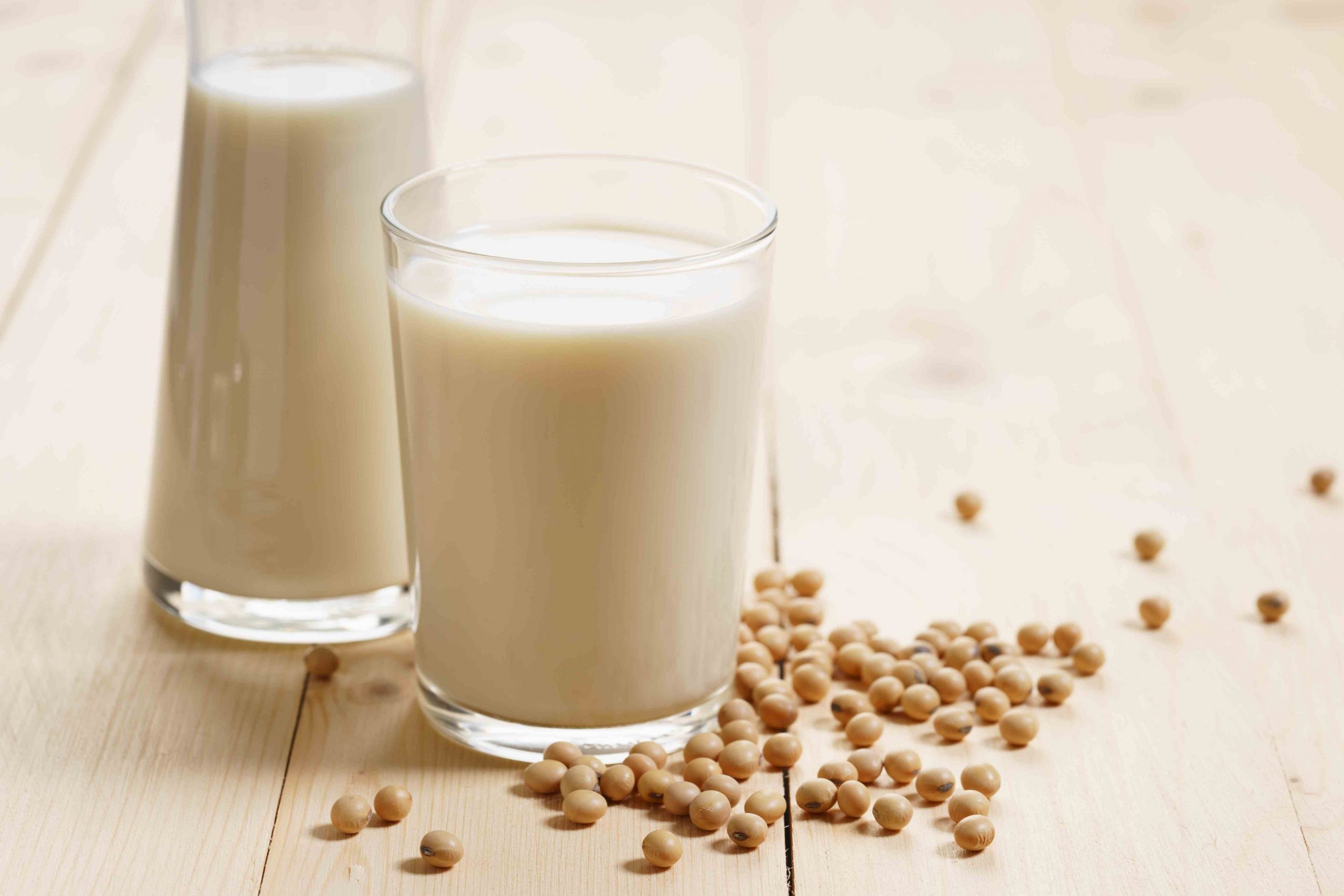
Soy milk has 8g of protein per cup–that’s exactly the same amount of protein you get from a cup of cow’s milk! Soy milk is one of the top high-protein plant milks that you can use as the milk of choice for your vegan protein shake.
8. Soy Yogurt
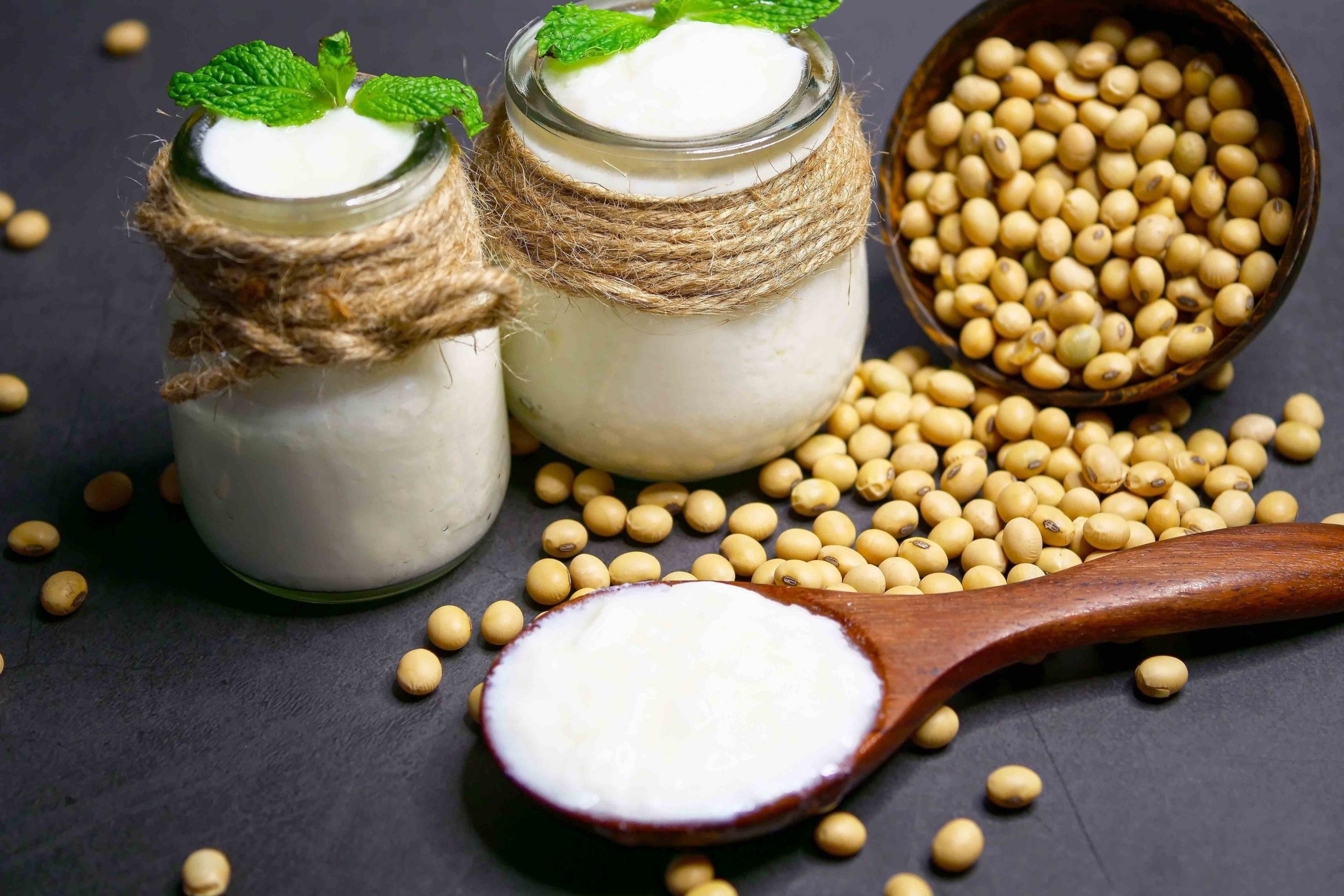
Want proteins as well as probiotics in your shake? Use soy yogurt instead of milk! You’ll get 5g of protein with every half cup, which is the perfect quantity to add to your shake. Combine it with some of the other ingredients on this list, and you’ll have yourself a plant protein bomb!
9. Spirulina
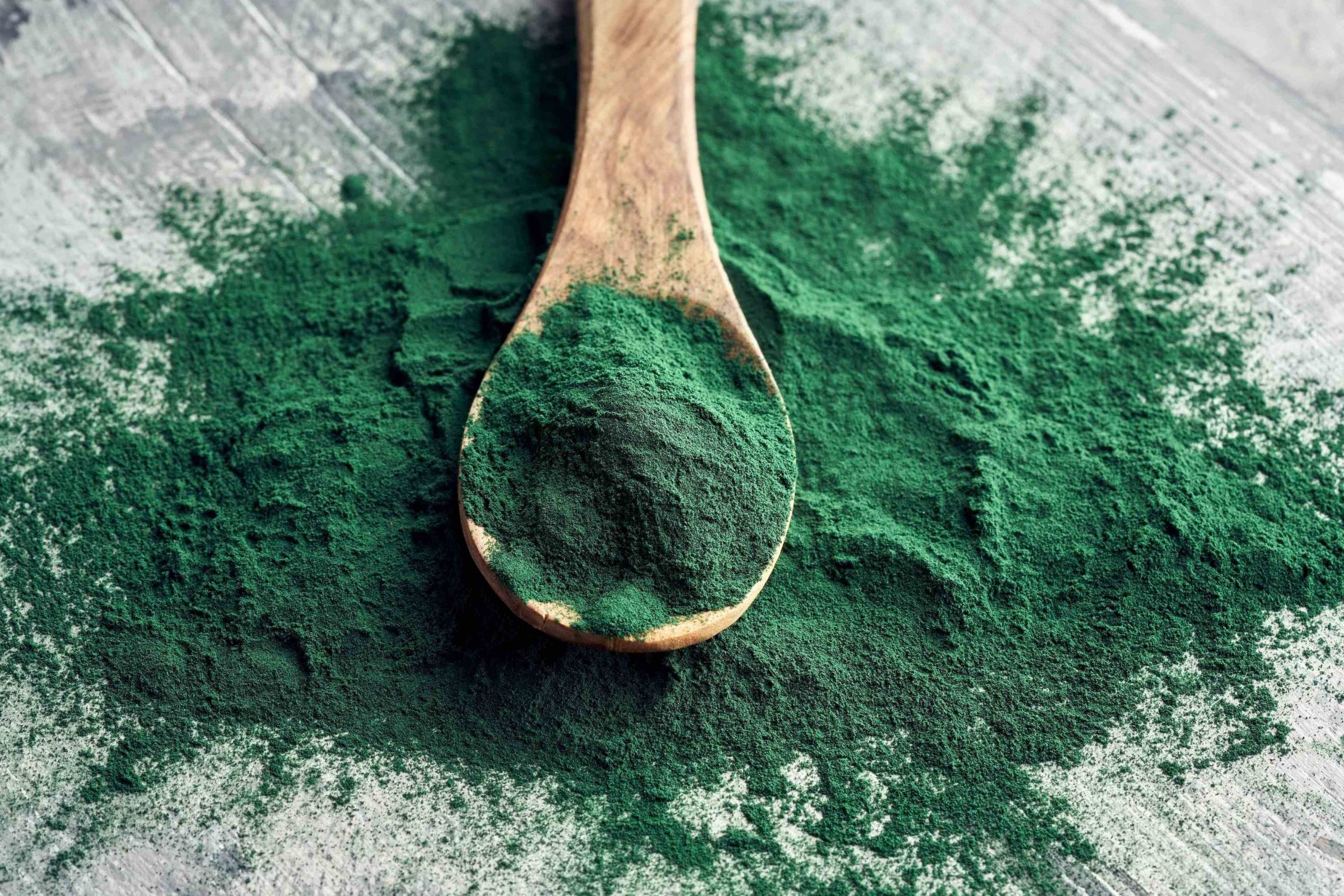
This blue-green algae, which comes in powder or capsule form, is a nutritional powerhouse. It’s one of the few plant-based foods that boasts of a complete amino acid profile. Each tablespoon gives you 4g of complete protein. Spirulina doesn’t have a great flavor of its own, so make sure to combine it with foods that will mask it entirely–for example, lime, maple syrup, frozen banana, and mango.
10. Fruits that contain protein
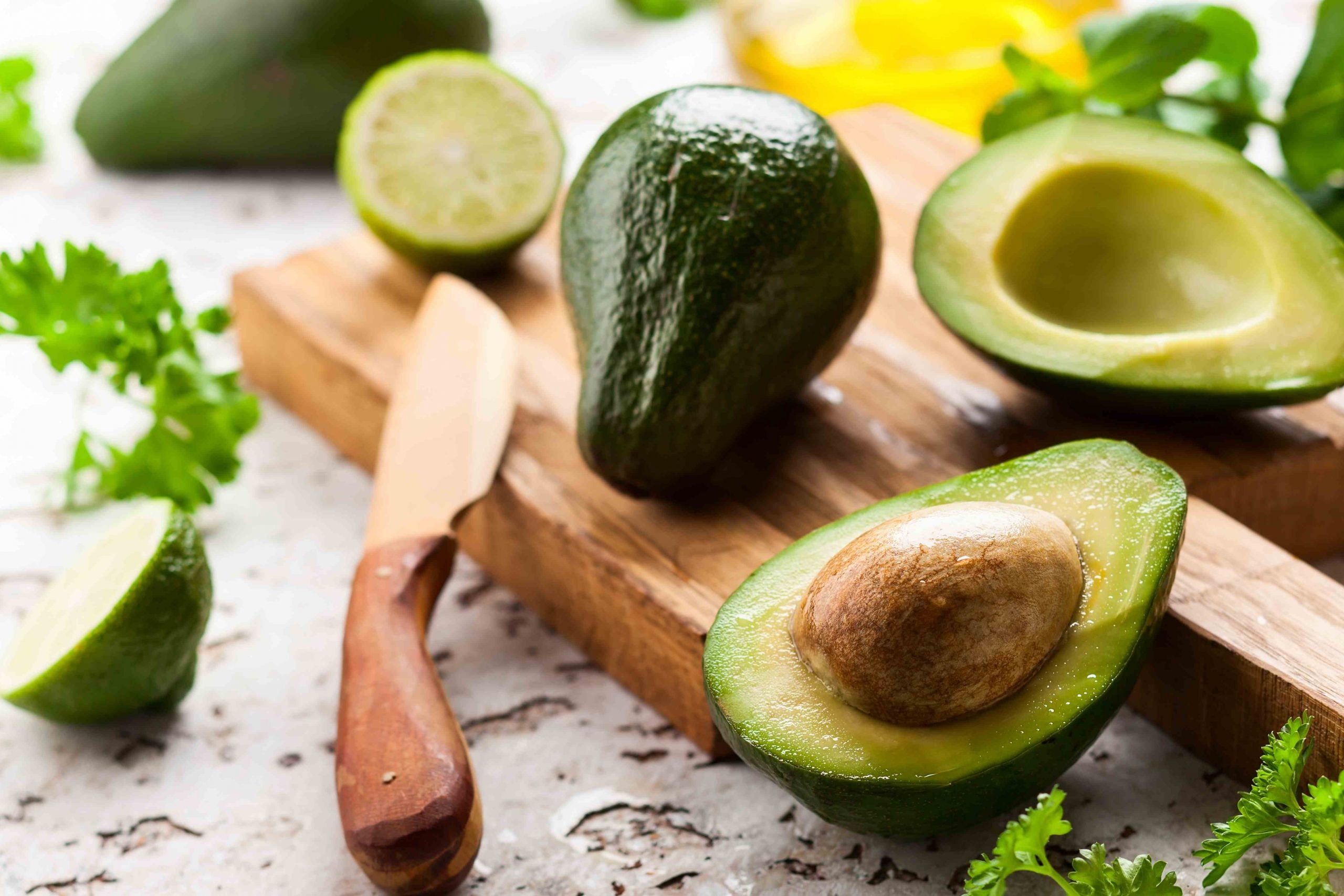
Ripe jackfruit, guava, avocado, blackberry, and dried apricot are fruits with more protein content than most others. Add each one to your vegan protein shakes on rotation to get a varied dose of fruit protein!
You can even make your own natural, homemade vegan protein powder by combining some of the above! I’d recommend making a blend of chia seeds, peanuts, almonds, hemp hearts, and raw cacao powder.
Enjoy your protein powder-free vegan protein shake! And while we’re still on this topic, here are some more articles you might find interesting:
– Great Post-Workout Vegan Breakfast Ideas to Fuel Your Day
– Top 3 Myths And Facts About Vegan Protein
– 9 Best Sources Of Vegan Probiotics For Gut Health
If you liked reading this, you’ll enjoy the rest of the HappyCow blog too! To find vegan food near you, at any time and place, get the FREE HappyCow app. And don’t forget to follow us on Instagram, Facebook, Twitter and Pinterest for your weekly dose of vegan recipes, travel tips, restaurant guides, and more!
Please note: happycow.net occasionally offers health, fitness, and nutritional information solely for educational purposes. You should not rely on this information as a substitute for, nor does it replace, professional medical advice.




